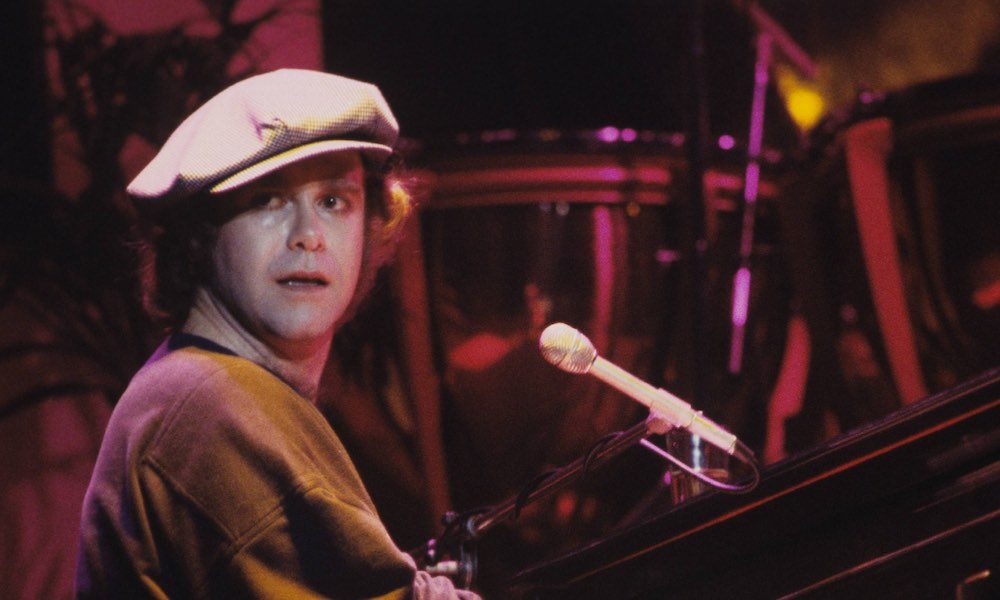I Am A Studio Musician… The Unsung Heroes Of Recording Studios

It’s the opening line of a Rupert Holmes song in which he sings about those men and women who are for the most part a breed apart, but nevertheless an integral ingredient in the business of hits. Many legends and future stars got their start by adding their particular talent to other people’s recordings for a nominal ‘session fee’.
Elton John tinkled the ivories for Tom Jones on his 1968 big hit Delilah. Reg as he was known back then also made a healthy little living working on numerous hits compilations in the late 60s and 70s. Chartbusters Risin’ from 1970 includes his version of Young Gifted and Black, while Pick of The Pops Vol.4 has Reg’s take on Mungo Jerry’s, In The Summertime.
Jimmy Page, before Led Zeppelin, played on so many hits as a studio musician that it’s tricky to list them all; some have bizarrely credited Jimmy with playing on 50 to 90% of ALL the singles released over a couple of years in the 60s. That’s what happens when you become a legend. Some of the records he would be very proud of, like Joe Cocker’s With A Little Help From My Friends or The Who’s I Can’t Explain, but maybe not Val Doonican’s Walk Tall.
And there’s Peter Gabriel’s flute on Cat Steven’s Lady D’Arbanville, while Billy Joel played piano on the Shangri-La’s Leader of The Pack. Unfortunately in Billy’s case he didn’t get a session fee as he wasn’t a member of the union.













Hillary N. Goldberg
August 14, 2018 at 3:59 am
This essay gives me reason for pause. You are discussing young musicians, all from the 60’s. One word comes to my mind, drugs. Combine that with the recent revelations of formerly child stars and young performers who are now coming forward as victims of business people who purported to be anything but child molesters, sex offenders, drug pushers and dealers, as well as the rest of the lowest rungs of humanity who would take advantage of the prodigal to such an extent that the nicest term for it would be something close to slavery and outright traffickers. I think that was the situation with AIG and Michael Jackson, and probably Prince. Because of the anti-war effort, a lot of teenagers were trying to avoid conscription, hearing that their friends and friends of friends were coming back home in body bags. Hence, the lack of personal hygiene, long hair (on men); and degenerate behavior like drug abuse became “popular.” A lot of these musicians have cleaned up their act, but the scars of victimization will last forever. With the use of drugs, tours became “party central” that include(d) groupies (otherwise known as paid women from the record company) and drugs became means by which the business people truly owned the talent. They did not just need to make them sign on the dotted line, they could control their professional and their personal life to the nth degree. A lot like living under a tyrannical ruler. It was unfortunate that political tyranny was avoided but personal tyranny could not be avoided, and handlers would tell the talent who they should socialize with, hang out with to get media attention, where to go, what to eat (or not eat) and how to make it happen. It is only when some of the world’s most talented people wind up dead do we all have means to pause.